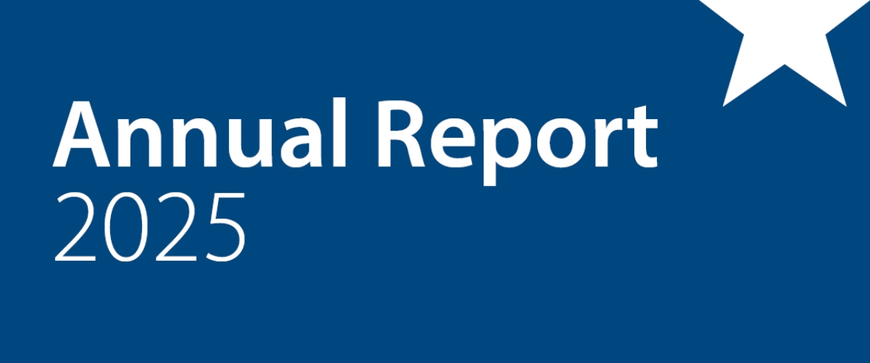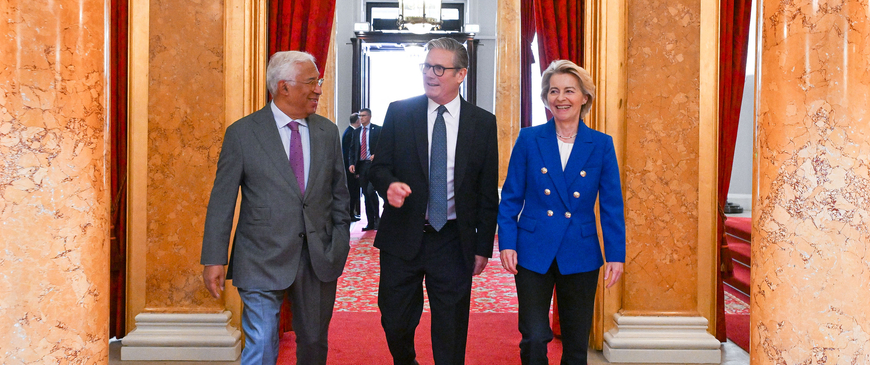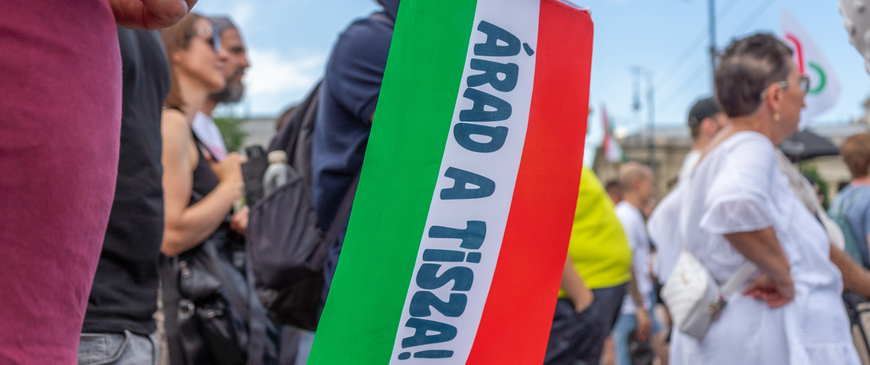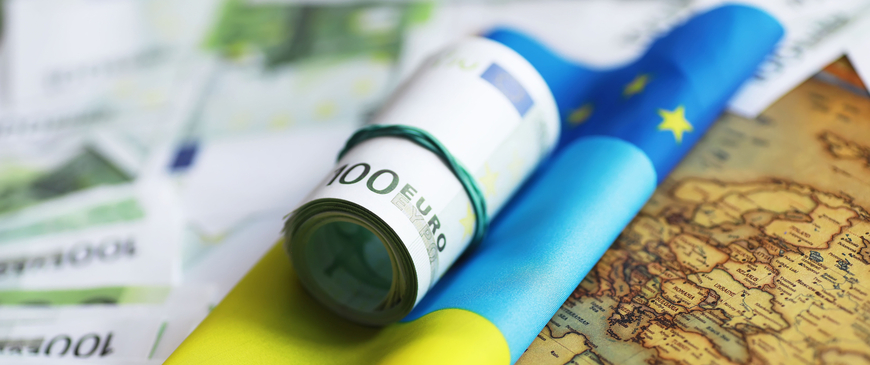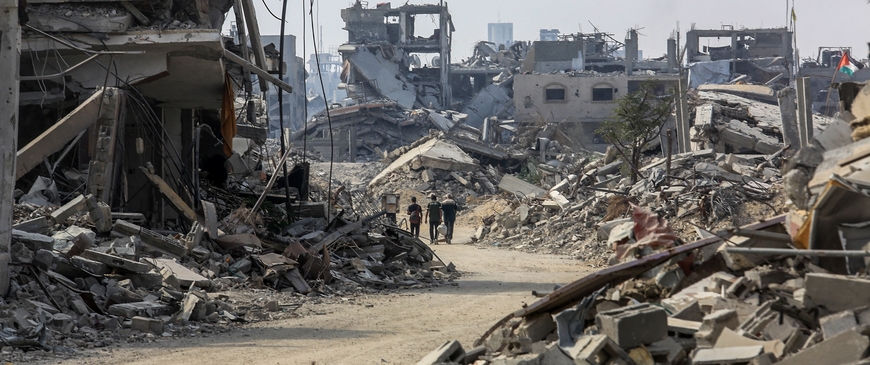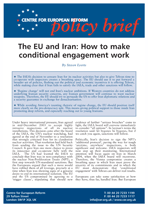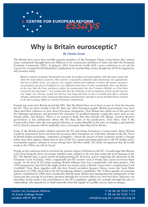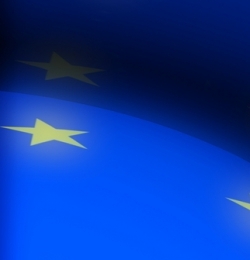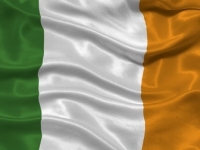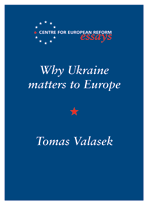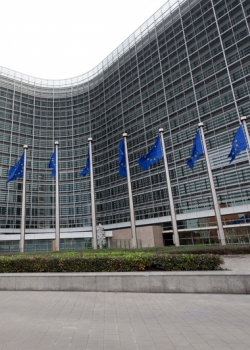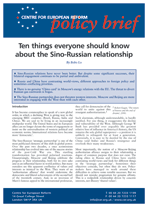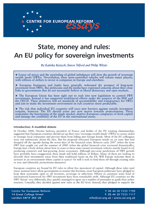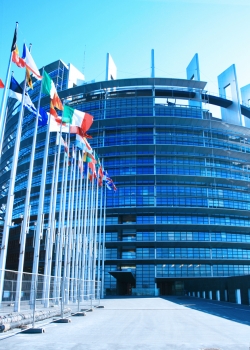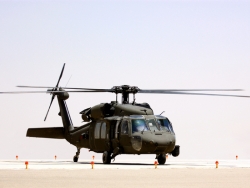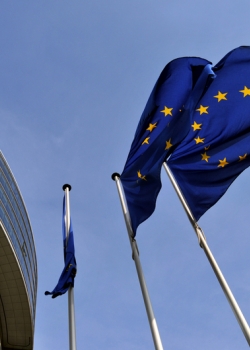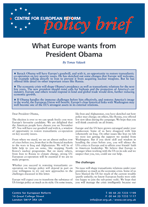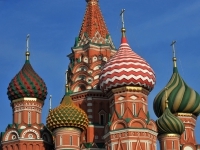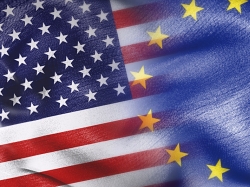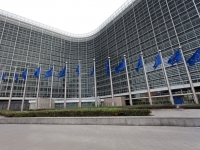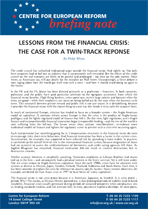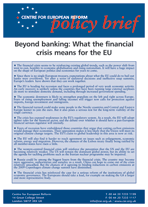Research
The EU and Iran: How to make conditional engagement work
19 December 2008
The IAEA's decision to censure Iran for its nuclear activities but also to give Tehran time to co-operate with inspectors creates a breathing space. The EU should use it to put forward a broader set of policies, fleshing out the political and economic incentives it is offering Tehran, while making...
Why is Britain eurosceptic?
19 December 2008
The British are more hostile to the EU than any other European people. But why? Charles Grant looks at the role of geography, history and economics in nurturing euroscepticism.
What the summit says about the EU
16 December 2008
The EU summit on December 10th-11th 2008 was a success in so far as EU leaders managed to agree on all major agenda items. The fact that there was a lot of bitter wrangling and a big dose of compromise was only to be expected against the backdrop of a rapidly worsening European economy.
The Irish send out good vibrations on Lisbon
08 December 2008
Ireland’s parliament – the Oireachtas – recently published a lengthy report on where the country’s relationship with the EU stands after the country’s rejection of the Lisbon treaty by referendum.
Why Ukraine matters to Europe
05 December 2008
Until the war in Georgia in August 2008, the EU had taken stability beyond its eastern border for granted. Now it will need to become more active in this volatile region, in which Ukraine is the largest and most important country.
The EU's climate agenda hangs in the balance
01 December 2008
The EU has entered a severe economic downturn. Not only does Europe face the deepest recession since the 1970s, but the recovery when it does arrive will be weak and patchy.
How the Irish government might save Lisbon
01 December 2008
The financial crisis is altering political and economic fortunes everywhere. It may have yet another, unlikely, outcome: the ratification of the Lisbon treaty, rejected by Ireland in a referendum last June.
Ten things everyone should know about the Sino-Russian relationship
01 December 2008
Sino-Russian ties are at an historic high. But the relationship remains ambivalent and fraught with mistrust. Moscow and Beijing have different views of the world, contrasting foreign policy approaches, and often competing priorities.
State, money and rules: An EU policy for sovereign investments
01 December 2008
The debate about sovereign wealth funds will return as global growth and commodity prices recover. European governments have been right to reject new EU rules on SWFs, and instead support multilateral efforts to set voluntary standards.
The EU's fleeting chance for global leadership
01 December 2008
The economic crisis offers unprecedented opportunities for reforming global rules and institutions. Furthermore, the Obama presidency - which Europeans expect to be less unilateralist than that of George W Bush - will give the EU a chance to work with the US in tackling a host of international problems.
The EU takes on defence procurement
28 November 2008
The EU is in the middle of a little noticed – but potentially important – debate about defence markets. For the first time, the European Commission could be authorised to help reduce barriers amongst the EU’s segmented national defence markets.
Issue 63 - 2008
28 November 2008
- The EU's fleeting chance for global leadership, Charles Grant
- The EU's climate agenda hangs in the balance, Simon Tilford
- How the Irish government might save Lisbon, Hugo Brady
What Europe wants from President Obama
27 November 2008
Barack Obama was the preferred candidate of most Europeans. He will have Europe's goodwill and with it, a window of opportunity to restore transatlantic co-operation on key security issues. Whether he succeeds will depend in part on the president-elect's willingness to try out new approaches to key foreign policy challenges.
PCA? The EU needs a real Russia debate
24 November 2008
Was the EU right to resume negotiations on a new partnership and co-operation agreement (PCA) with Russia despite Moscow not fully complying with the Georgia ceasefire plan?
Is EU competition policy an obstacle to innovation and growth?
20 November 2008
European countries need to improve their record of developing high-tech businesses if they are to prosper. This was explicitly recognised in the EU's Lisbon agenda of economic reforms launched in 2000. The reasons for Europe's poor record of innovation are complex, but one factor may be competition policy.
What 'Obama effect' for transatlantic relations?
10 November 2008
Europe got the president it wanted on November 4th 2008. Obama will have Europe's goodwill and with it, a window of opportunity to restore transatlantic co-operation on key security issues. The list of common challenges includes, but is not limited to, Afghanistan, Iran and Russia.
The Commission's economic forecasts are still too complacent
07 November 2008
On the face of it, it appears churlish to accuse the Commission of complacency when it is forecasting no growth in the eurozone economy in 2009 and a deep recession in the UK.
Lessons from the financial crisis: A twin-track response
05 November 2008
The credit crunch has unleashed widespread anger outside the financial sector. And rightly so. Not only have taxpayers had to bail out an industry that is uncommonly well rewarded. But the effects of the credit crunch on the real economy are likely to be painful and prolonged – not least on the jobs market.
How a new Irish government might save Lisbon
24 October 2008
The financial crisis is challenging many of our assumptions about the course of politics and world affairs. Gordon Brown – only weeks ago portrayed as nearing the end of his time as UK prime minister – has been elevated to European, even global leadership status.
Beyond banking: What the financial crisis means for the EU
23 October 2008
The world is in the midst of a financial crisis which will have far-reaching implications for the EU – not just for the region's immediate economic outlook, but also for the future of the euro, financial regulation, economic reform and global governance.

